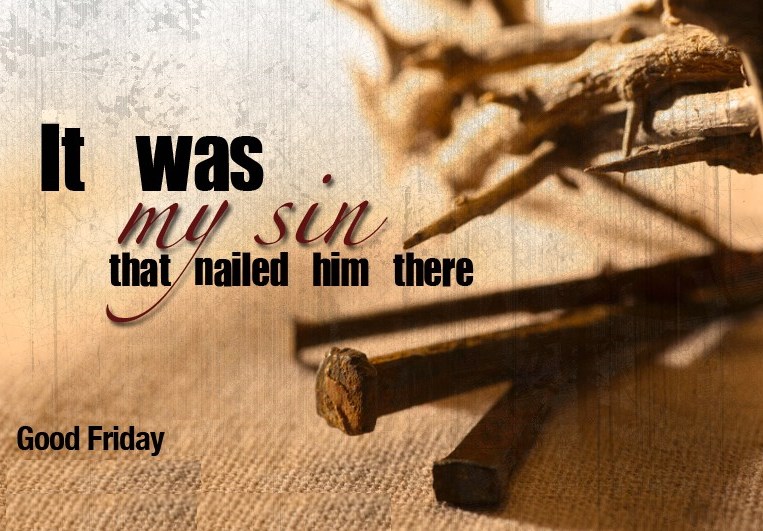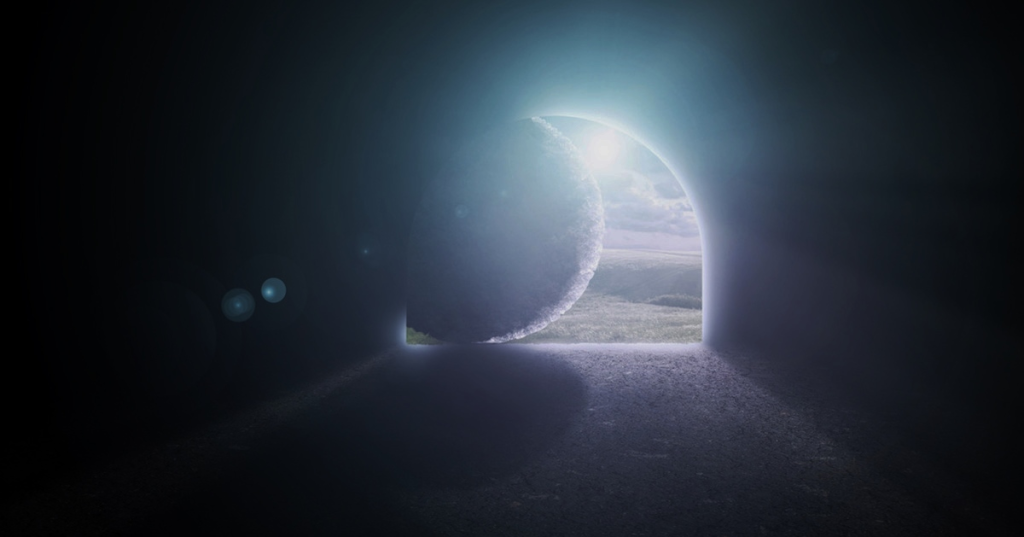
You will keep him in perfect peace, Whose mind is stayed on You, Because he trusts in You. – Isaiah 26:3
“Trust in the LORD with all your heart, and lean not on your own understanding; in all your ways acknowledge Him, and He will make your paths straight.” – Proverbs 3:5-6
Be anxious about nothing, but in everything, by prayer and supplication with thanksgiving, let your requests be made known to God.And the peace of God, which surpasses all understanding, will guard your hearts and your minds in Christ Jesus. – Philippians 4:6-7
My word for 2025 is trust. It was a curious choice for me – Holy Spirit inspired – because I rarely use that word. However, just in the last few weeks, I’ve been diving into its meaning to the believer. Author, speaker Brennan Manning, in his book Ruthless Trust: The Ragamuffin’s Path to God has helped me understand it better.

Mid-way through the book, he proposes a single equation:
Faith + Hope = Trust.
Faith and trust are words often used interchangeably. How I see them now is this: Faith focuses on God’s character, His promises, and His power. We have faith in Him because of what He says about Himself and how we have seen Him act in history and in the lives of those around us and in our very own lives. Faith believes “He can.” Hope focuses on what’s coming in the future and how God, based on our faith and experience already, He will act. Hope is positive because we have experienced the movement of God as positive. Then trust relates to the relationship between God and me. I have faith He can do something; I have hope that He is going to do something (good), and I trust, because of His love, He will do that good thing for me. Our trust does extend to others, believing that God’s love and goodness includes others. However, trust is deeply personal and experiential. As we grow in trust, we grow in our understanding of His love. Out of that comes deep gratitude…even in our darkest of times.

The reality of naked trust is the life of the pilgrim who leaves what is nailed down, obvious, and secure, and walks into the unknown without any rational explanation to justify the decision or guarantee the future. Why? Because God has signaled the movement and offered it his presence and his promise.”
― Brennan Manning, Ruthless Trust: The Ragamuffin’s Path to God
“We are only grateful people when we can say thank you to all that has brought us to the present moment. As long as we keep dividing our lives between events and people we would like to remember and those we would rather forget, we cannot claim the fullness of our beings as a gift of God to be grateful for. Let’s not be afraid to look at everything that has brought us to where we are now and trust that we will soon see in it the guiding hand of a loving God.” ― Brennan Manning, Ruthless Trust: The Ragamuffin’s Path to God
Why is Brennan Manning lovable in the eyes of God? Because on February 8th of 1956, in a shattering, life-changing experience, I committed my life to Jesus. Does God love me because ever since I was ordained a priest in 1963, I roamed the country and lately all over the world proclaiming the Good News of the gospel of grace? Does God love me because I tithe to the poor? Does he love me because back in New Orleans I work on skid row with alcoholics, addicts, and those who suffer with AIDS? Does God love me because I spend two hours every day in prayer? If I believe that stuff I’m a Pharisee! Then I feel I’m entitled to be comfortably close to Christ because of my good works. The gospel of grace says, “Brennan, you’re lovable for one reason only—because God loves you. Period.” – Brennan Manning

[The video below is 3:42 minutes of Brennan Manning’s understanding of God and His love for us. Powerful.]
Worship with me to Twila Paris‘ “Do I Trust You, Lord?”. This song came out in 1994. I remember many times sitting at the piano singing that song, with tears streaming down my cheeks…feeling His presence even in the grief of those moments…trusting Him.
Sometimes my little heart can’t understand
What’s in Your will, what’s in Your plan
So many times I’m tempted to ask You why
But I can never forget it for long
Lord, what You do could not be wrong
So I believe You, even when I must cry
Chorus:
Do I trust You, Lord?
Does the river flow?
Do I trust You, Lord?
Does the north wind blow?
You can see my heart
You can read my mind
And You got to know
That I would rather die
Than to lose my faith
In the One I love
Do I trust You, Lord?
Do I trust You?
I know the answers, I’ve given them all
But suddenly now, I feel so small
Shaken down to the cavity in my soul
I know the doctrine and theology
But right now they don’t mean much to me
This time there’s only one thing I’ve got to know
Chorus:
Do I trust You, Lord?
Does the robin sing?
Do I trust You, Lord?
Does it rain in spring?
You can see my heart
You can read my mind
And You got to know
That I would rather die
Than to lose my faith
In the One I love
Do I trust You, Lord?
Do I trust You?
I will trust You, Lord, when I don’t know why
I will trust You, Lord, till the day I die
I will trust You, Lord, when I’m blind with pain!
You were God before, and You’ll never change
I will trust You
I will trust You
I will trust You, Lord
I will trust You*
Our dear brother Brennan Manning had many dark periods in his life – depression, alcoholism, terrible self-doubt. If you have read any of his books, you will see the beauty of his struggle. God was there with him in the dark. Manning wrote brilliantly and experientially about the love of God, His character and transcendence, and the persevering nature of the Trinity drawing him to Himself…through it all. Another Twila Paris song which I also sang in times of weakness and doubt reminds me of him – “The Warrior Is a Child”. Take time to play it in memory of our brother (died in 2013) and in honor of the God who sees us wherever we are and stays with us in His incomprehensible love.
The Warrior is a Child – Twila Paris (Orig. 1984 Version) – YouTube
*Lyrics to “Do I Trust You, Lord?” – Songwriter: Twila Paris
Monday Morning Moment – Word for the New Year – Trust – the Object of Our Trust Matters – Deb Mills
Farewell, Brennan – Philip Yancey
What More Could He Have Done for Us? – Anthony Delaney
Saint Brennan Manning: A Ragamuffin to the End – Tim Suttle
The Difference Between, Hope, Faith, and Trust



























































